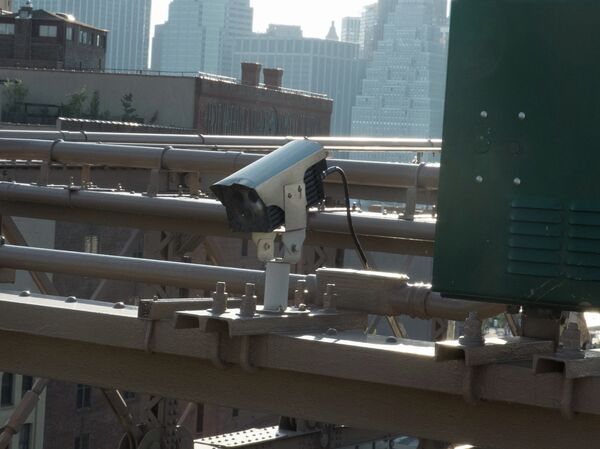The primary goal of the license plate-tracking program, run by the Drug Enforcement Administration, is to seize automobiles, money and other assets to fight drug trafficking, the Wall Street Journal reported, citing government documents.
But the surveillance is not limited to vehicles traveling through states bordering Mexico, where drug cartels operate. The DEA has spent years working to expand the tracking program throughout the rest of the country, the paper reported.
Local and state law enforcement are also accessing the massive database for a number of investigations as they track vehicles traveling on major roadways in real time.

It is unclear if any court oversees or approves the intelligence gathering, but a spokesman for Justice Department, which includes the DEA, said the program complies with federal law.
“It is not new that the DEA uses the license-plate reader program to arrest criminals and stop the flow of drugs in areas of high trafficking intensity,” the spokesman told the Journal.
Senator Patrick Leahy, senior Democrat on the Senate Judiciary Committee, said the program “raises significant privacy concerns. The fact that this intrusive technology is potentially being used to expand the reach of the government’s asset-forfeiture efforts is of even greater concern.’’
Americans shouldn’t have to fear “their locations and movements are constantly being tracked and stored in a massive government database,” he added.

The DEA program uses high-tech cameras placed strategically on major highways to collect data about vehicle movements, including time, direction and location. Many devices also record images of drivers and passengers, which are sometimes clear enough for investigators to confirm identities, according to DEA documents.
License-plate readers operated by state, local and federal law-enforcement agencies also feed into the DEA network, creating a far-reaching and constantly updating database.
“Any database that collects detailed location information about Americans not suspected of crimes raises very serious privacy questions,” said Jay Stanley, a senior policy analyst at the ACLU. “It’s unconscionable that technology with such far-reaching potential would be deployed in such secrecy."
The agency has reduced the time it holds the data from two years to three months, according to a Justice Department spokesman.




